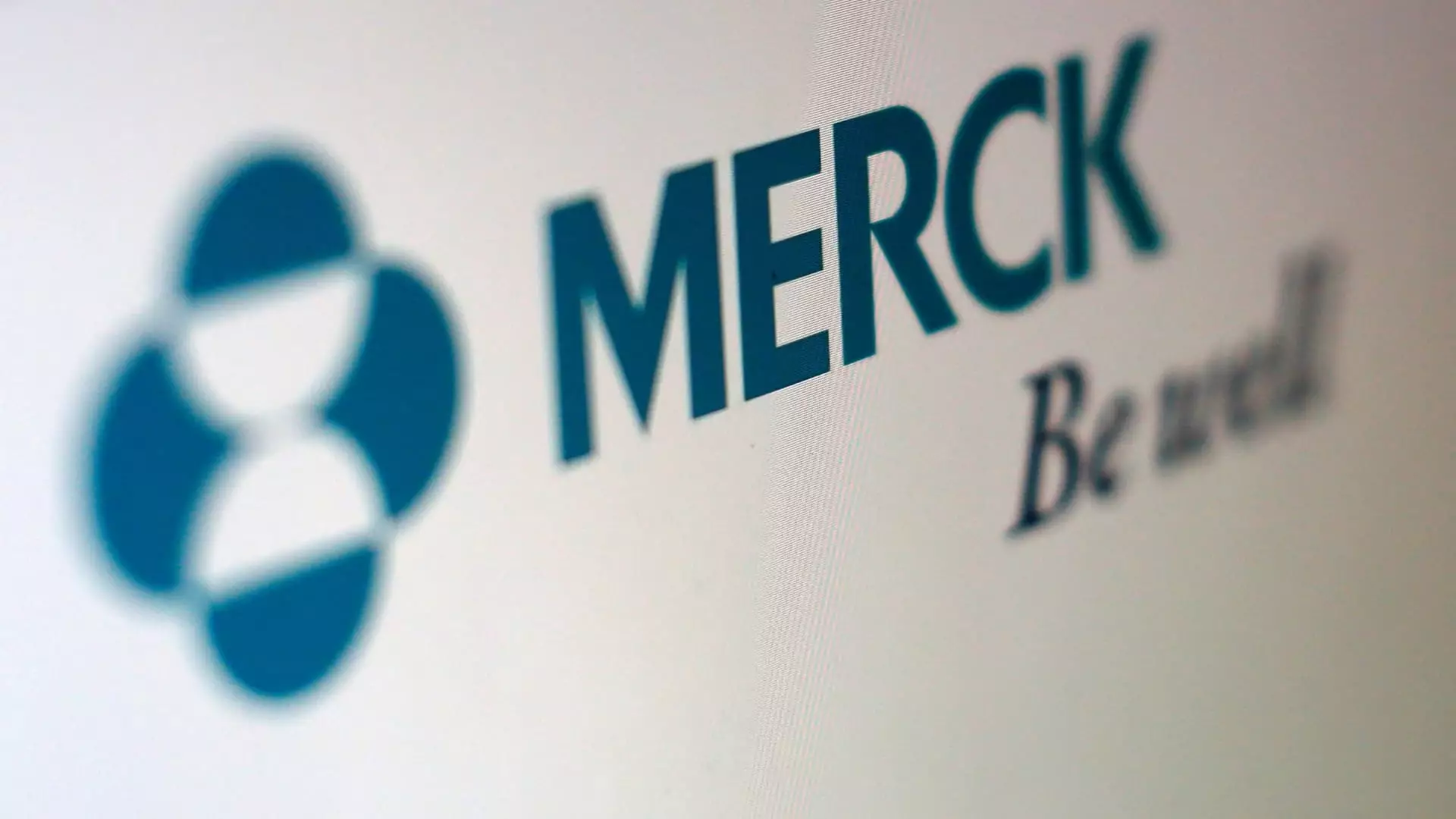On a critical day for public health, the Food and Drug Administration (FDA) approved Merck’s innovative shot against respiratory syncytial virus (RSV), recently named Enflonsia. This development is particularly significant as RSV continues to be a silent killer, responsible for thousands of annual deaths among older adults and tragically, hundreds among infants. The stakes here are immense, and the potential to act as a life-saving measure during the peak RSV season offers families and healthcare systems a much-needed lifeline.
RSV is not just a minor concern; it is the leading cause of hospitalization for newborns in the U.S., highlighting an ongoing demand for effective solutions. The arrival of Merck’s Enflonsia is timely, allowing healthcare providers to deliver preventative care before the virus spreads each fall and winter. The moral imperative to counteract RSV effectively has never been greater, and Merck’s rollout could bring renewed optimism to families worrying about their infants’ health as the cold months approach.
Competition Breeds Excellence: The Merck-Sanofi Rivalry
The introduction of Enflonsia opens a new chapter in the competitive landscape dominated by the existing treatment, Beyfortus, developed by Sanofi and AstraZeneca. Competition is essential; it fosters innovation, accelerates development, and often leads to better and more affordable healthcare options. Both Merck’s and Sanofi’s products are monoclonal antibodies, which means they deliver protective antibodies directly into the bloodstream. However, each target different virus components, complicating straightforward comparisons.
Enflonsia carries the added benefit of being weight-neutral for infants, which could simplify the administration for healthcare professionals. However, the well-established Beyfortus, which booked sales of approximately $1.8 billion last year, has already made its mark in the market but faced supply shortages during the last RSV season, showcasing the urgent need for viable alternatives.
The cultural belief that competition will drive necessity rings true here. With Merck entering the fray, Sanofi is reportedly ramping up production of Beyfortus, indicating a positive ripple effect throughout the healthcare sector. As prices could potentially drop and accessibility improve, one must wonder if we are witnessing the dawn of a much-needed evolution in the fight against RSV.
Healthcare and Profit: The Balancing Act
While the approval of Enflonsia is undoubtedly uplifting, it also raises the question of profit versus public health. As pharmaceutical companies like Merck and Sanofi vie for market share, there’s a fine line between competitive enterprise and the ethical obligation to provide affordable healthcare solutions. Vaccine development and rollout are capital-intensive endeavors, but as consumers, we must remain vigilant about pricing.
It is troubling when a life-saving medication becomes an item of profit rather than a public service. Enflonsia is set to enter the market with the promise of affordability, but the real test lies in the pricing structure it adopts. The desire for profit mustn’t overshadow the moral urgency of treating vulnerable populations, such as infants grappling with serious health threats like RSV.
Lessons from the Past: What Lies Ahead?
As we celebrate the FDA’s decision, we should remain cautious and realistic about what the coming months could bring. The approval is a major leap, but there are still unresolved issues, particularly the recently paused testing of RSV vaccines in young children over safety concerns. This sends a timorous shadow over the confidence we express in new products. When weighing innovation against risk, a robust evaluation is crucial—not just for consumer trust but for the integrity of the medical infrastructure as a whole.
The forthcoming recommendations from the Centers for Disease Control and Prevention (CDC) advisory board will guide both the deployment of RSV shots and potentially shape the narrative surrounding vaccine safety in children. It serves as a stark reminder that the road to effective public health solutions is fraught with obstacles that require careful navigation.
Ultimately, the launch of Enflonsia marks an awakening of sorts—a trigger event in a battle against RSV that has lingered in the shadows for far too long. With health crises breeding demand for innovative solutions, this could just be the beginning of a transformative chapter in our approach to fighting viral infections. The dialogue around access, efficiency, and ethics will continue to unfold, and as consumers, we need to engage actively in that conversation, holding pharmaceutical companies accountable while fostering an environment where lives are prioritized over profits.

